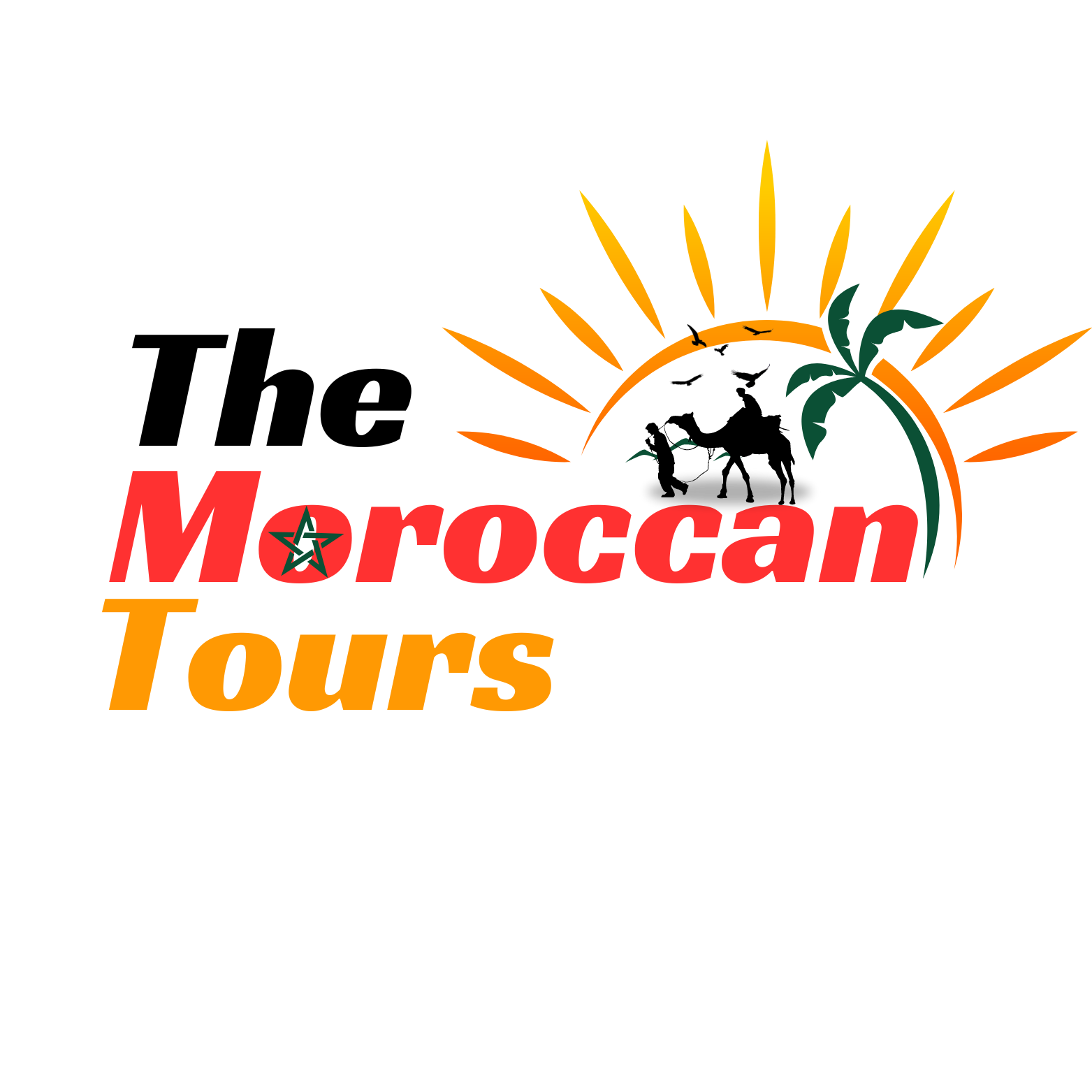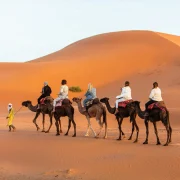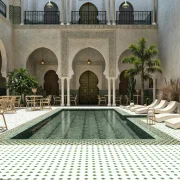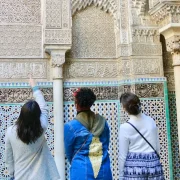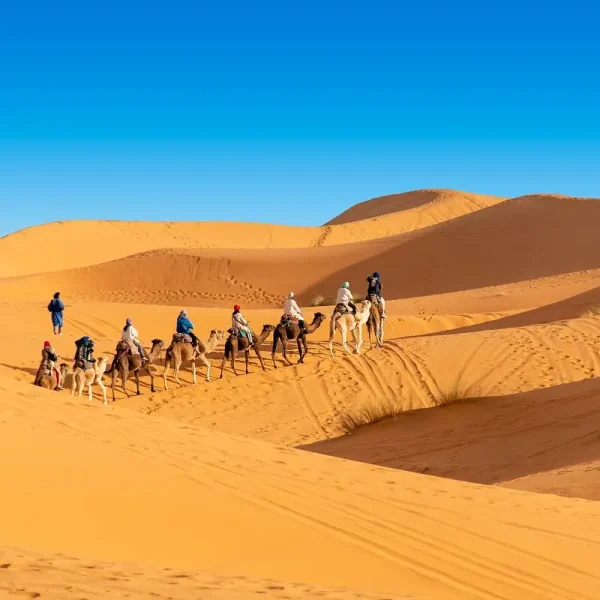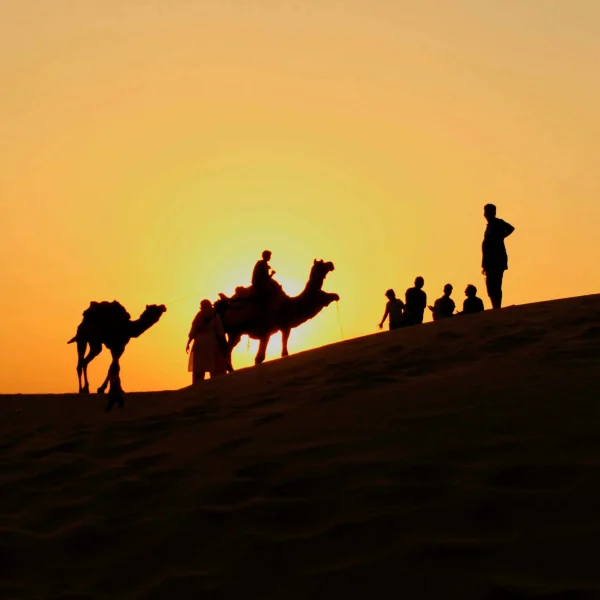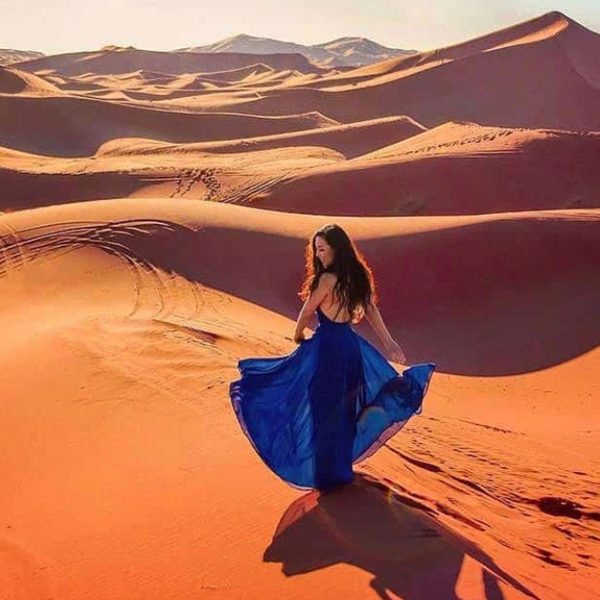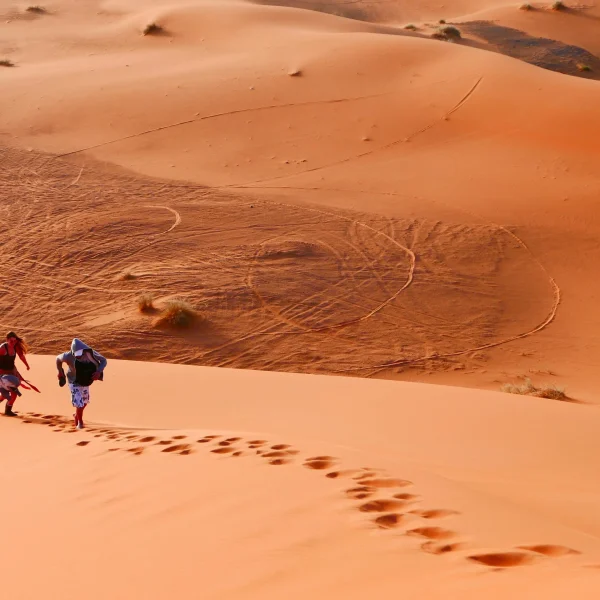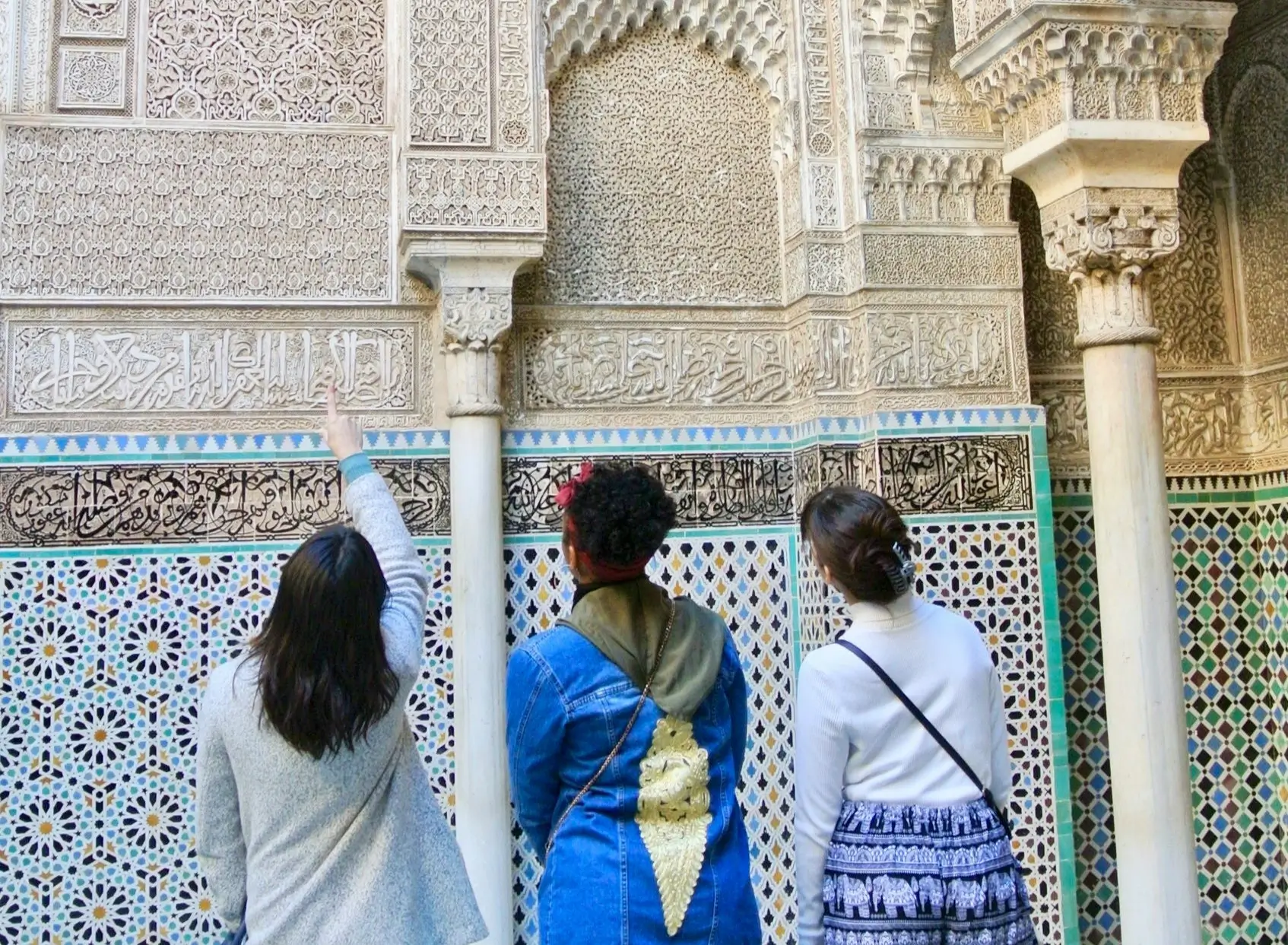
Morocco Language Guide: Everything You Need to Know Before Your Moroccan Adventure
Table of Contents
TogglePicture this: you’re standing in the bustling heart of Marrakech’s Jemaa el-Fnaa square, surrounded by the intoxicating blend of sizzling tagines, calling merchants, and rhythmic Gnawa music. Suddenly, a friendly local approaches you with a warm smile, speaking in rapid Arabic mixed with French phrases. Your heart races—will you understand? Can you respond? Don’t worry, I’ve been exactly where you are right now.
After spending countless months exploring Morocco’s imperial cities, mountain villages, and coastal towns, I’ve learned that understanding the morocco language landscape isn’t just helpful—it’s absolutely transformative for your travel experience. Whether you’re planning your first visit or returning for another adventure, this comprehensive guide will unlock the linguistic secrets that will make your Moroccan journey infinitely richer and more authentic.
What Languages Are Spoken in Morocco? The Complete Overview
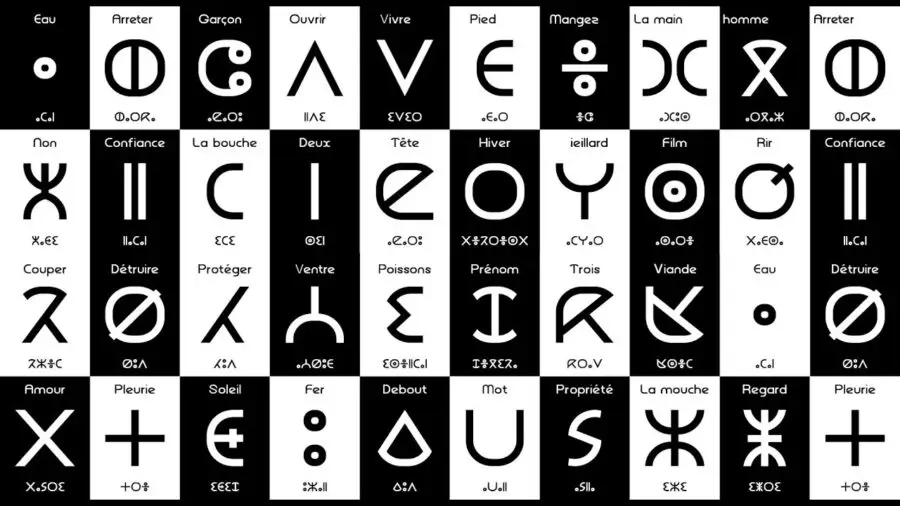
Morocco’s linguistic tapestry is as vibrant and complex as its famous carpets. When I first arrived in Casablanca five years ago, I was overwhelmed by the beautiful chaos of languages swirling around me. Let me break down what you’ll actually encounter on the ground.
Official Languages:
- Arabic (Modern Standard and Moroccan Darija)
- Berber/Amazigh (Tamazight, Tarifit, Tashelhit)
Widely Spoken Languages:
- French (colonial legacy, business language)
- Spanish (northern regions)
- English (tourist areas, younger generation)
“Morocco is like a linguistic crossroads where Africa meets Europe, and Arab culture dances with Berber traditions. Every conversation tells a story of thousands of years of cultural exchange.” – Hassan, my guide from Fez
Arabic: The Official Language of Morocco
Modern Standard Arabic is what you’ll see on official signs, government buildings, and formal documents. However, here’s what surprised me most: very few Moroccans actually speak it in daily life! It’s like the difference between Shakespearean English and modern slang.
What you’ll encounter:
- Religious contexts (mosques, prayers)
- News broadcasts and formal media
- Educational settings
- Government interactions
Berber (Amazigh): The Indigenous Heart of Moroccan Culture
The Berber languages represent the soul of Morocco—they’ve been spoken here for over 4,000 years. During my trek through the Atlas Mountains, I discovered that Berber language morocco isn’t just about communication; it’s about connecting with the country’s deepest cultural roots.
Three main Berber languages:
- Tamazight (Central Atlas)
- Tarifit (Rif Mountains)
- Tashelhit (Anti-Atlas and Souss Valley)
French: The Colonial Legacy That Lives On
Here’s something that completely changed my Morocco experience: French isn’t just useful—it’s often essential. In upscale restaurants in Casablanca, boutique hotels in Marrakech, and business districts across major cities, French flows as naturally as mint tea.
💡 Pro Tip: If you speak French, you’ll unlock a completely different level of interaction with educated Moroccans, especially in cities like Rabat and Casablanca.
Moroccan Arabic (Darija): The Street Language You’ll Actually Hear
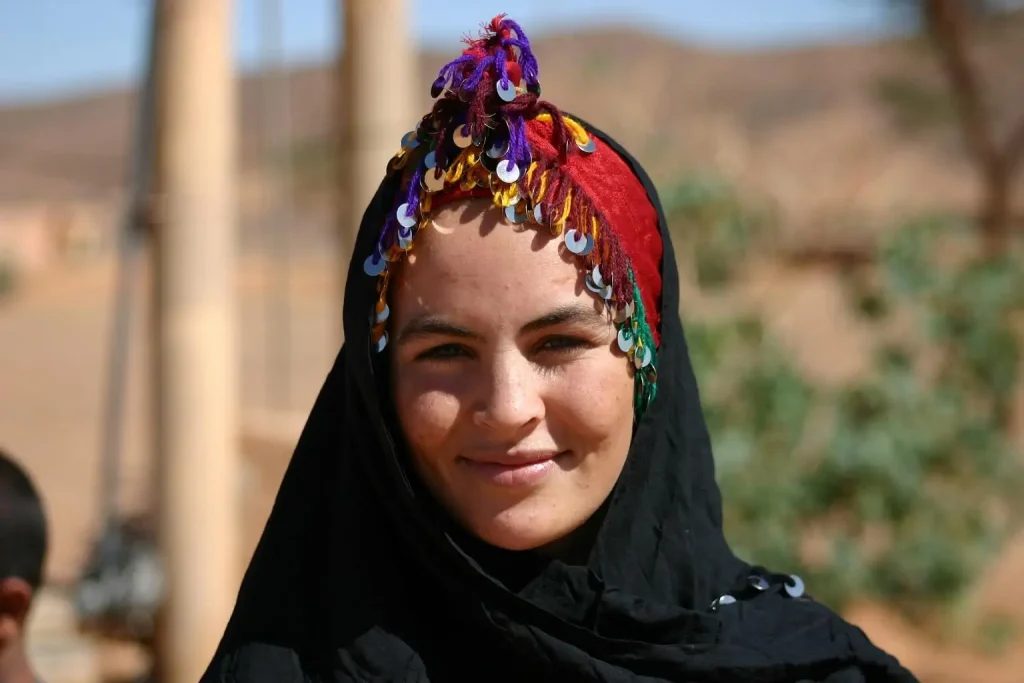
Let me tell you about Darija—this is where the magic happens. Moroccan arabic darija is the beating heart of everyday Moroccan communication. It’s what you’ll hear in souks, cafes, taxis, and family homes.
How Darija Differs from Standard Arabic
Imagine if English mixed with Spanish, threw in some French words, and developed its own unique grammar—that’s essentially what Darija is to Standard Arabic. When I tried using my classical Arabic phrasebook in a Marrakech souk, the vendor looked at me like I was speaking Shakespearean English in a Brooklyn deli!
Key Darija characteristics:
- Heavy French and Berber influences
- Simplified grammar structures
- Unique vocabulary not found in other Arabic dialects
- Regional variations across Morocco
Regional Variations of Darija Across Morocco
Northern Morocco (Tangier, Tetouan): Spanish influences creep in
Central Morocco (Rabat, Casablanca): More French integration
Southern Morocco (Marrakech, Agadir): Stronger Berber substrate
Eastern Morocco (Fez, Meknes): More traditional Arabic preservation
Essential Moroccan Phrases Every Traveler Should Know
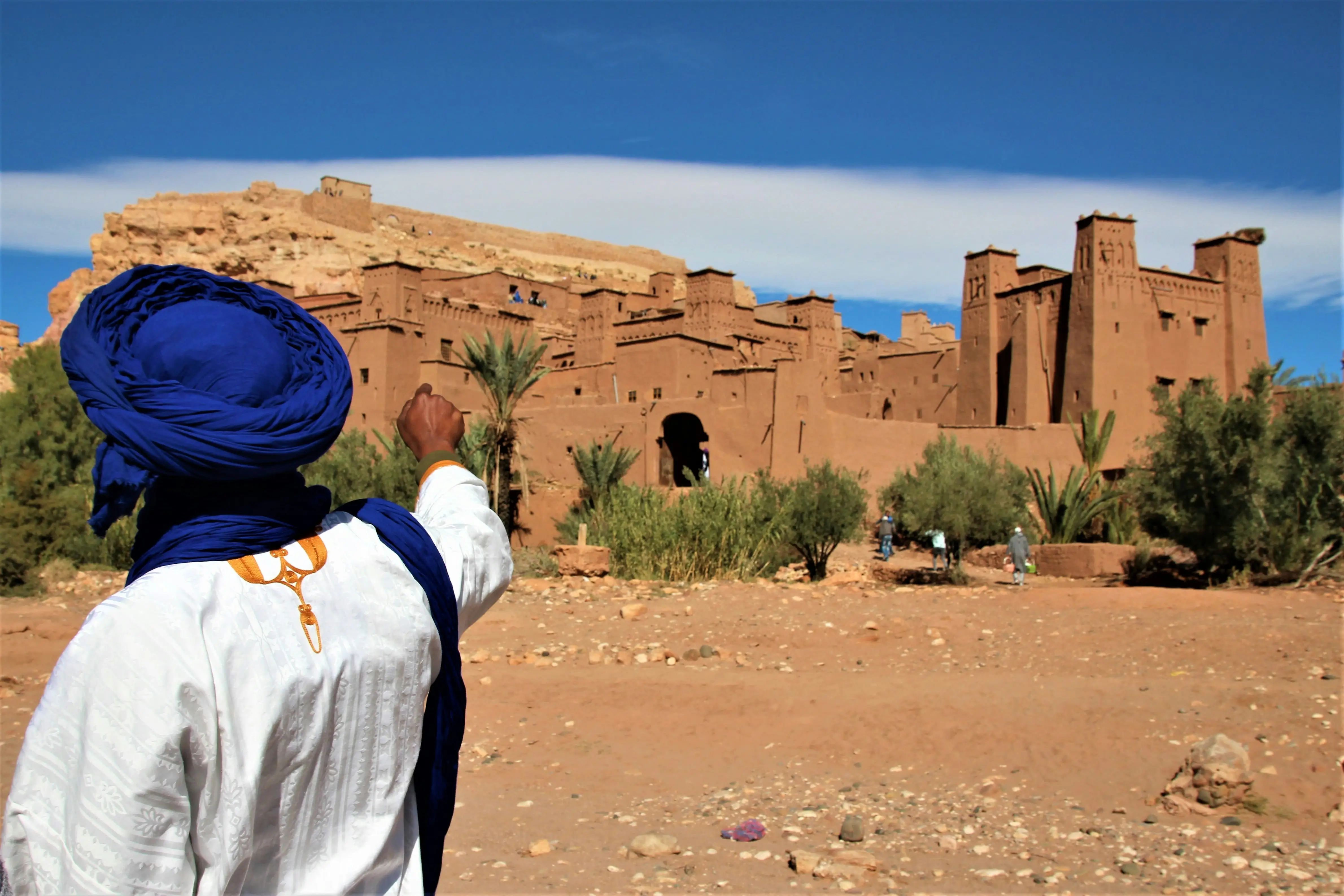
After years of travels and countless embarrassing mispronunciations, I’ve compiled the phrases that actually matter. These essential moroccan phrases have saved me from confusion, opened doors to friendships, and turned potential problems into delightful cultural exchanges.
Basic Greetings and Politeness in Arabic and Berber
| English | Darija (Arabic) | Pronunciation | Berber (Tamazight) |
|---|---|---|---|
| Hello | As-salamu alaykum | ah-sa-LAH-mu ah-LAY-kum | Azul |
| Thank you | Shukran | SHOOK-ran | Tanemmirt |
| Please | Min fadlik | min FAD-lik | Igh ufigh |
| Excuse me | Smeh liya | SMEH lee-ya | Sameh iyi |
| Yes | Na’am | nah-AHM | Ih |
| No | La | lah | Uhu |
Navigation and Transportation Phrases
🚗 Local Secret: Taxi drivers appreciate effort! Even attempting “Ila had l-makaan, min fadlik” (To this place, please) while showing your destination will earn you smiles and often better prices.
Essential transport vocabulary:
- “Bash hal?” (How much?)
- “Waqt ash?” (What time?)
- “Fin kayn…?” (Where is…?)
- “Bghit nmshi l…” (I want to go to…)
Shopping and Bargaining Essential Words
The souks of Morocco are linguistic battlegrounds where moroccan phrases travel knowledge becomes your secret weapon. Here’s what transformed my bargaining game:
Power phrases for haggling:
- “Ghali bzaaf!” (Too expensive!)
- “Aqal shwiya” (A little less)
- “Had huwa l-prix l-akhir?” (Is this the final price?)
- “Makaynsh fl-budget dyali” (It’s not in my budget)
“Learning to say ‘La, shukran’ (No, thank you) with a smile and firm politeness is worth its weight in gold when navigating Moroccan markets.” – Personal experience after countless souk adventures
Language Tips for Different Moroccan Destinations
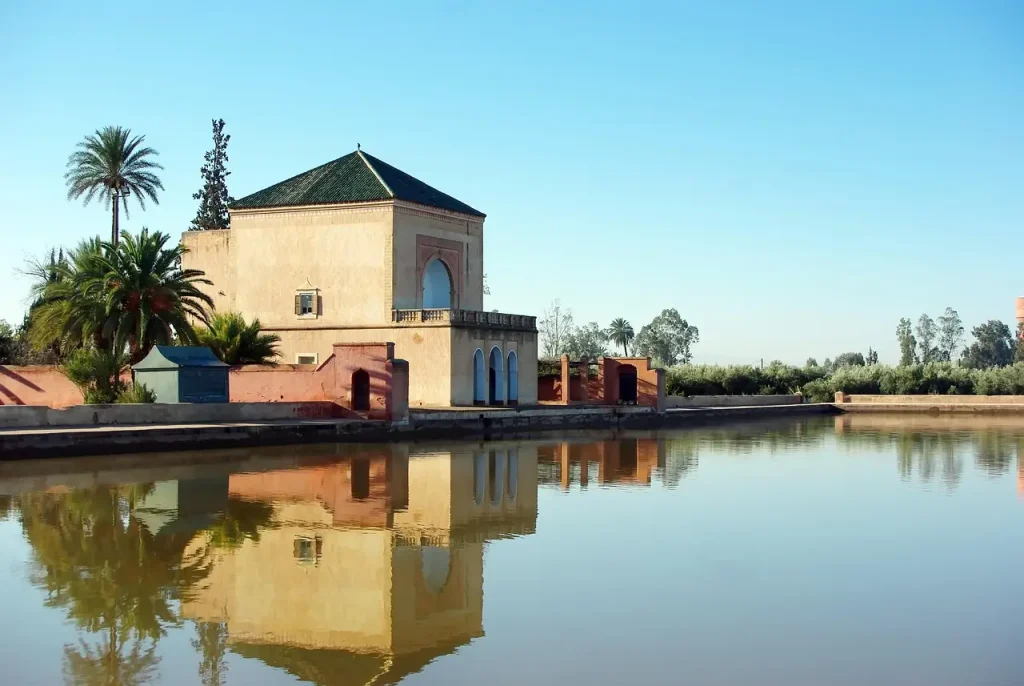
Marrakech: Arabic and French Dominance
In the Red City, I discovered that the morocco language hierarchy works like this: Darija dominates the medina, French rules the Gueliz district, and English appears in major tourist zones. The staff at riads often speak impressive English, but taxi drivers prefer Darija or French. If you’re planning to explore beyond Marrakech, consider joining one of the best day trips from Marrakech where multilingual guides help bridge communication gaps in rural areas.
Fez: The Cultural Capital’s Linguistic Mix
Fez surprised me with its linguistic sophistication. This ancient city maintains stronger connections to classical Arabic while embracing French in intellectual circles. University students here often speak multiple languages fluently. The city’s medina, a UNESCO World Heritage site according to the official UNESCO website, represents a living museum where Arabic calligraphy and Islamic architecture tell stories in visual languages that transcend spoken words.
Casablanca: International Business Language Hub
Morocco’s economic capital operates on French and English. Business meetings happen in French, international hotels use English, but street interactions still require basic Darija.
📍 Insider Tip: The Mohammed V International Airport staff are trilingual (Arabic, French, English), making arrival and departure smooth for most travelers.
Atlas Mountains: Berber Strongholds
Trekking through the High Atlas opened my eyes to Morocco’s linguistic diversity. In villages like Imlil and Ait Benhaddou, Berber languages morocco reign supreme. French serves as the bridge language, while Arabic appears in religious contexts. Many travelers discover this linguistic richness during Morocco family tours where children often pick up Berber phrases faster than adults, creating delightful cross-cultural moments.
How Language Barriers Affect Your Morocco Travel Experience
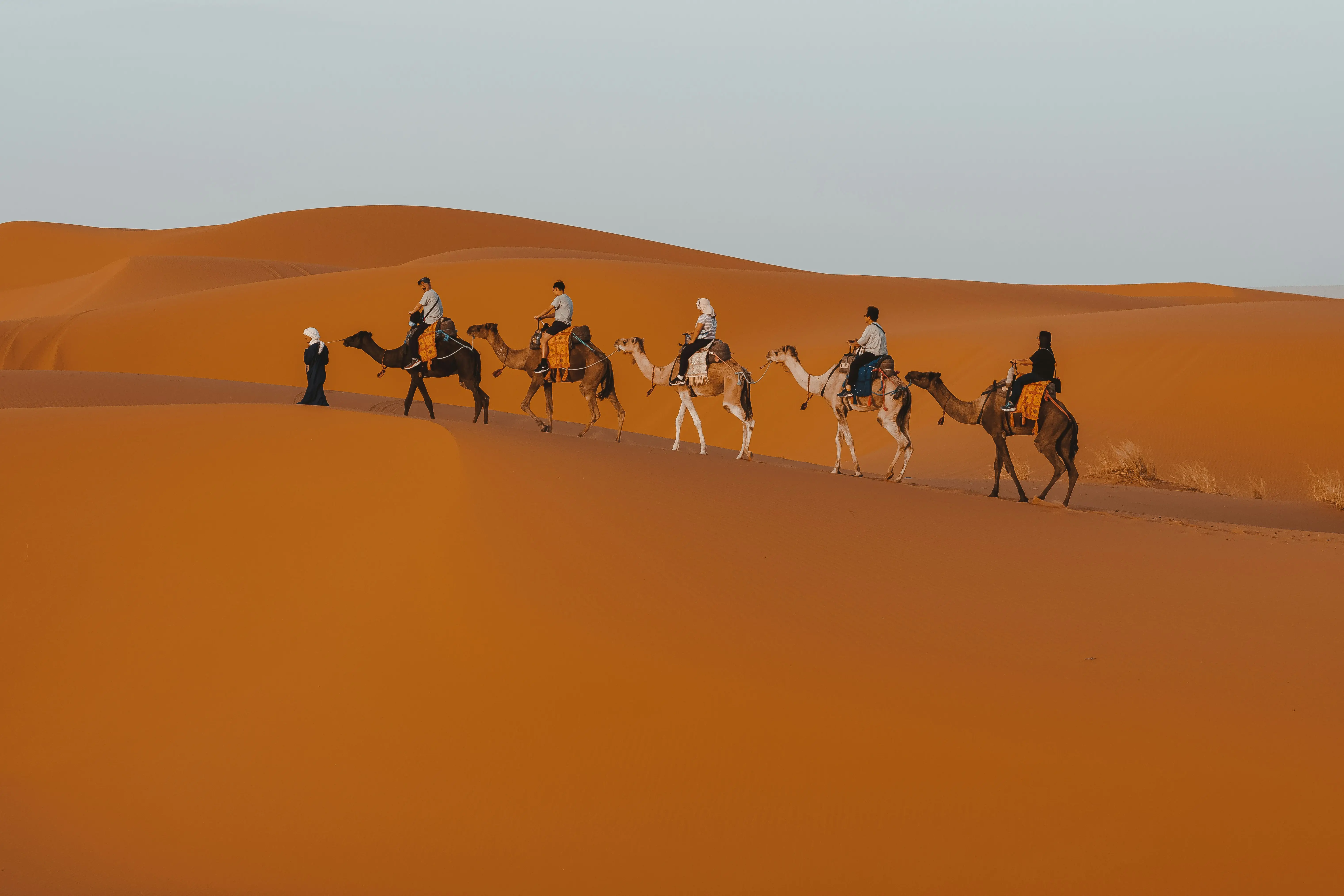
Let’s be honest—language barriers in Morocco can range from charming miscommunications to genuine frustrations. But here’s what I’ve learned: Moroccans are incredibly patient and helpful with travelers making linguistic efforts.
Tourist Areas vs. Rural Regions: What to Expect
Major Tourist Cities:
- English widely spoken in hotels and restaurants
- French dominates upscale establishments
- Darija essential for authentic local experiences
Rural and Remote Areas:
- Berber languages primary communication
- French often the only European language
- English rare outside of younger guides
The contrast becomes particularly evident during desert tours from Marrakech where you transition from the multilingual bustle of the city to Berber-speaking nomadic communities in just a few hours.
Working with Local Guides and Tour Operators
Professional guides represent linguistic lifelines in Morocco. During my adventures with Morocco tour packages, I’ve noticed that experienced guides switch languages mid-sentence to ensure everyone understands. They’re living dictionaries, cultural interpreters, and communication bridges rolled into one.
✨ Pro Tip: When booking tours, ask about your guide’s language capabilities. Many speak 4-5 languages fluently!
Practical Language Learning Resources for Morocco-Bound Travelers
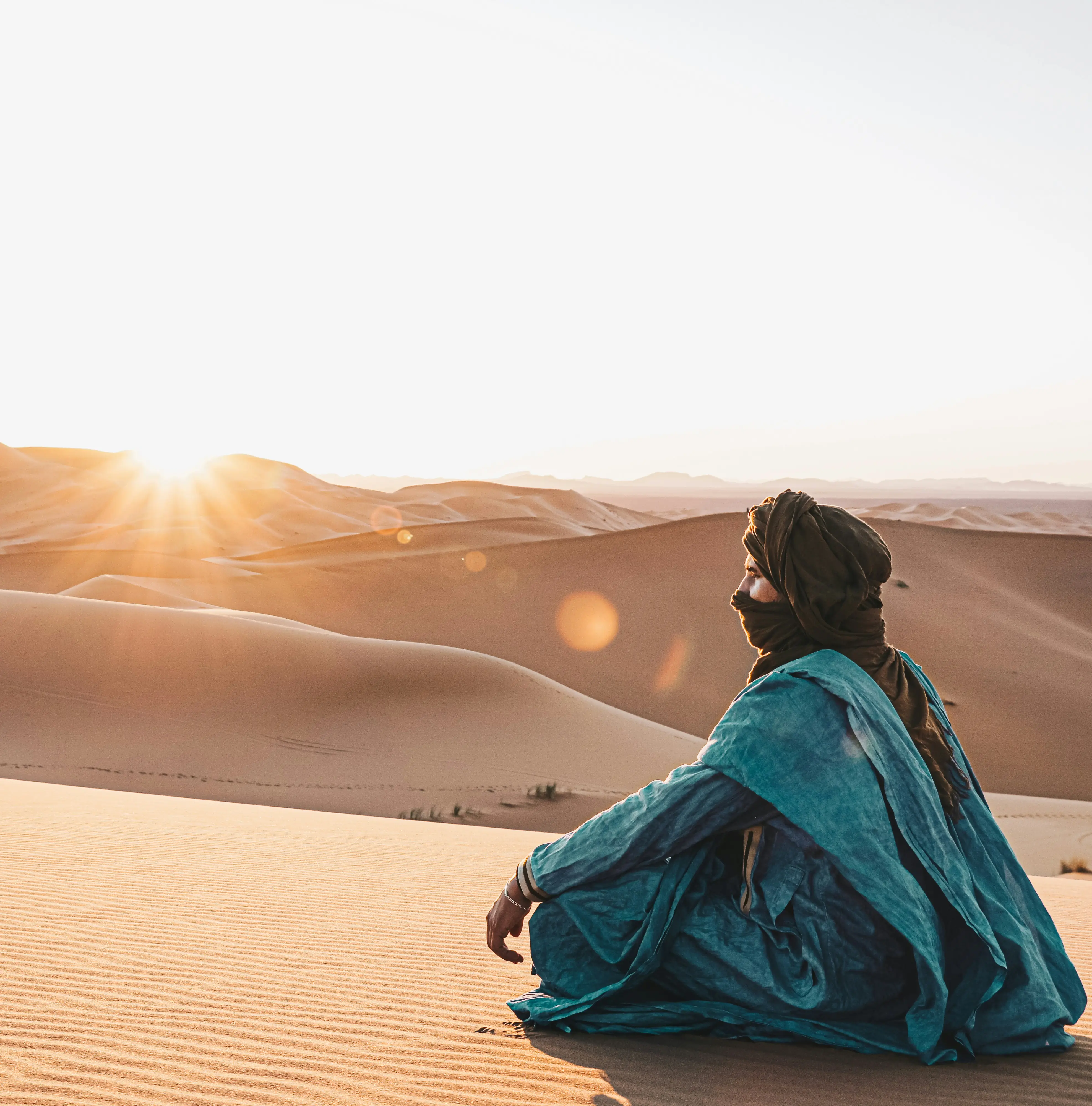
Best Apps and Online Tools for Moroccan Arabic
After testing dozens of language apps, here are my top recommendations:
Recommended Apps:
- Kaleela Arabic: Excellent for Moroccan dialect
- Google Translate: Surprisingly good for basic phrases
- Memrise: Great for memorizing common expressions
- Drops: Visual learning for Arabic vocabulary
Phrase Books and Quick Reference Guides
Physical books still have their place! I always carry a pocket phrasebook for quick reference when my phone battery dies (which happens more often than I’d like to admit in the Sahara).
Cultural Context: Why Understanding Morocco’s Languages Matters
Showing Respect Through Language Attempts
Every time you attempt to speak Arabic, French, or Berber, you’re showing respect for Moroccan culture. I’ve watched faces light up when travelers say “Shukran” instead of just “Thank you.” It’s magical.
Breaking Down Cultural Barriers
Language attempts in Morocco aren’t just about communication—they’re about building bridges. When I started greeting shopkeepers with “Salaam aleykum,” conversations became warmer, prices became fairer, and experiences became more authentic.
“When tourists try to speak our language, even just a few words, we see them as friends rather than visitors. It shows they care about our culture.” – Aicha, hotel manager in Essaouira
Frequently Asked Questions (FAQs)
Do I need to speak Arabic to visit Morocco?
Absolutely not! Morocco is incredibly tourist-friendly. In major cities and tourist areas, you’ll find English speakers in hotels, restaurants, and tour companies. However, learning basic phrases like “hello,” “thank you,” and “how much?” will dramatically enhance your experience and help you connect with locals on a deeper level. The Morocco National Tourism Office provides excellent resources for language basics and cultural etiquette for first-time visitors.
Is French or Arabic more useful for tourists in Morocco?
French edges out Arabic for most tourists, especially in cities and upscale establishments. Colonial history means French is widely spoken in business, hotels, and restaurants. However, basic Darija (Moroccan Arabic) is invaluable for markets, taxis, and authentic local interactions. My recommendation? Learn essential phrases in both!
Can I get by with just English in Morocco?
Yes, particularly in tourist zones, major hotels, and with younger Moroccans who’ve learned English in school. However, you’ll miss countless opportunities for authentic interactions. Even basic efforts in Arabic or French open doors to experiences that English-only travelers never discover.
What’s the best way to learn basic Moroccan phrases before my trip?
Start with smartphone apps like Kaleela Arabic or Google Translate for pronunciation. Focus on greetings, numbers, and basic travel vocabulary. YouTube channels featuring Moroccan dialect are excellent for hearing authentic pronunciation. Most importantly, don’t be afraid to make mistakes—Moroccans appreciate the effort more than perfect pronunciation!
Embrace Morocco’s Linguistic Diversity for a Richer Travel Experience
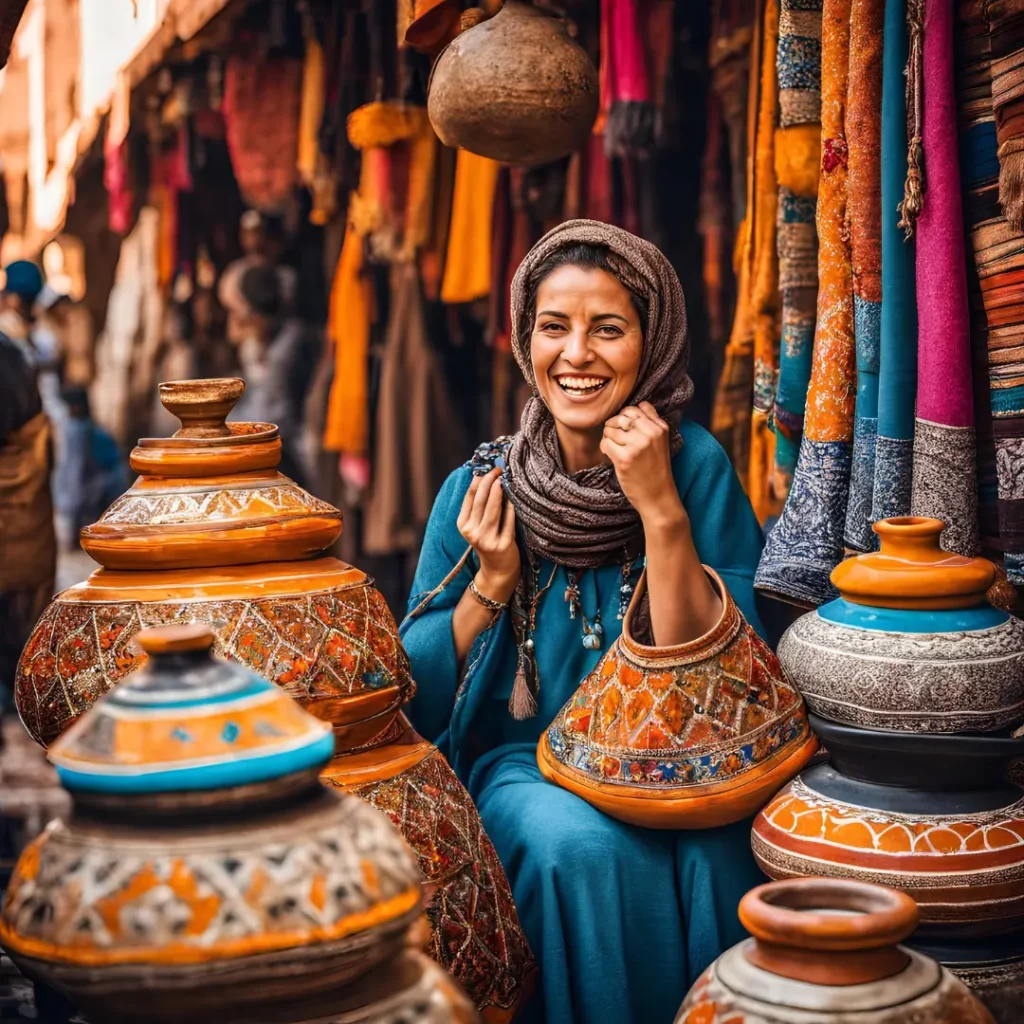
Your Moroccan adventure awaits, and now you’re equipped with the linguistic insights that will transform your journey from tourist to traveler. Remember, Morocco’s multilingual landscape isn’t an obstacle—it’s an opportunity to connect more deeply with one of the world’s most fascinating cultures.
Whether you’re planning to explore the imperial cities, trek the Atlas Mountains, or discover hidden coastal gems, your efforts to understand and speak Morocco’s languages will be rewarded tenfold. Every “shukran” you pronounce, every “bonjour” you attempt, and every smile you share while butchering Berber pronunciation contributes to the magical cultural exchange that makes Morocco so special.
Ready to put these language skills to the test? Start planning your Moroccan adventure today—your linguistic journey begins the moment you decide to embrace this incredible country’s beautiful complexity. The souks are calling, the mountains are waiting, and the people of Morocco are ready to welcome you with open arms and patient ears.
Whether you’re interested in exploring tours from Marrakesh or discovering the magic of a 7-day private desert adventure, your language preparation will transform every interaction from transaction to genuine cultural exchange.
Related Articles You Might Enjoy:
